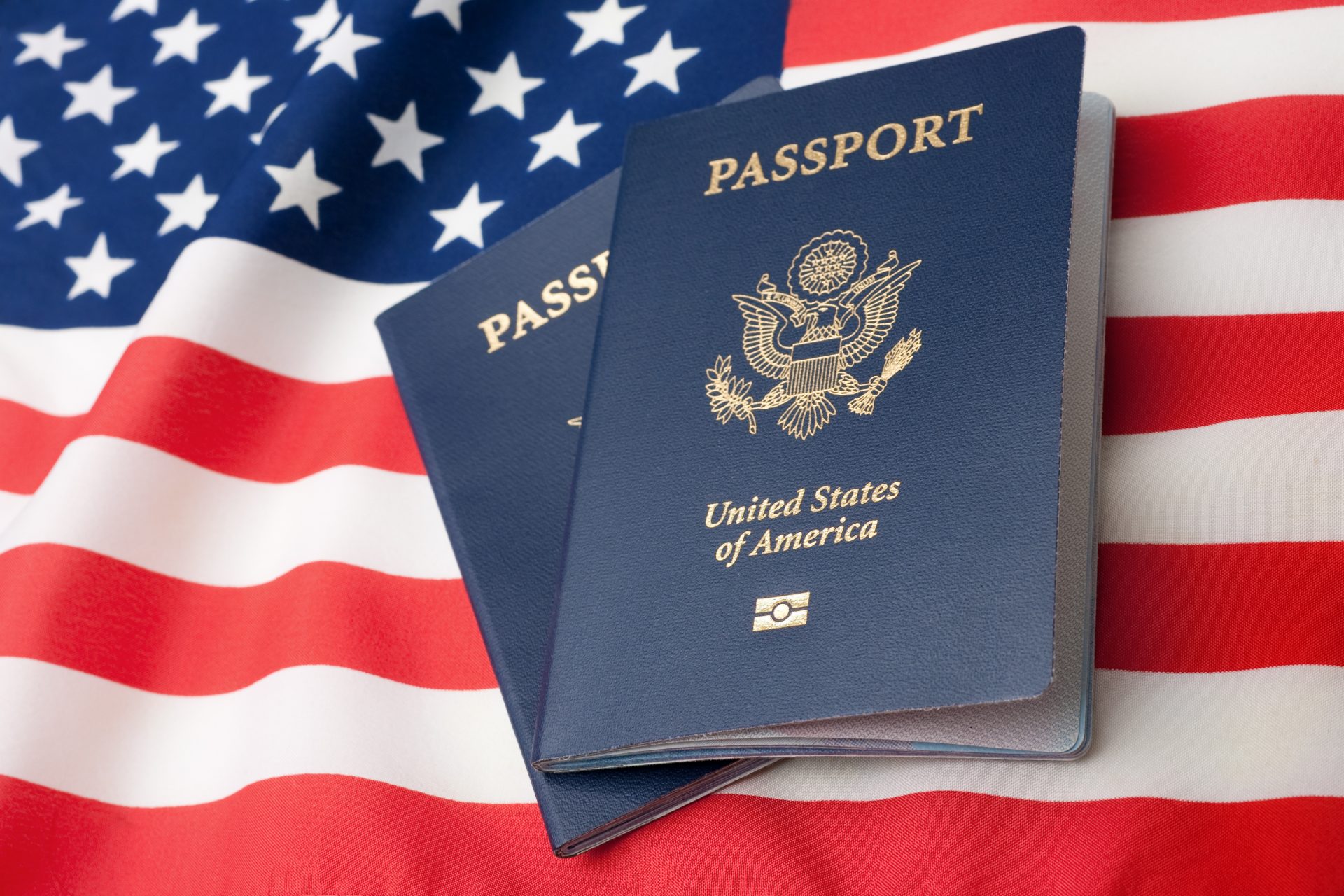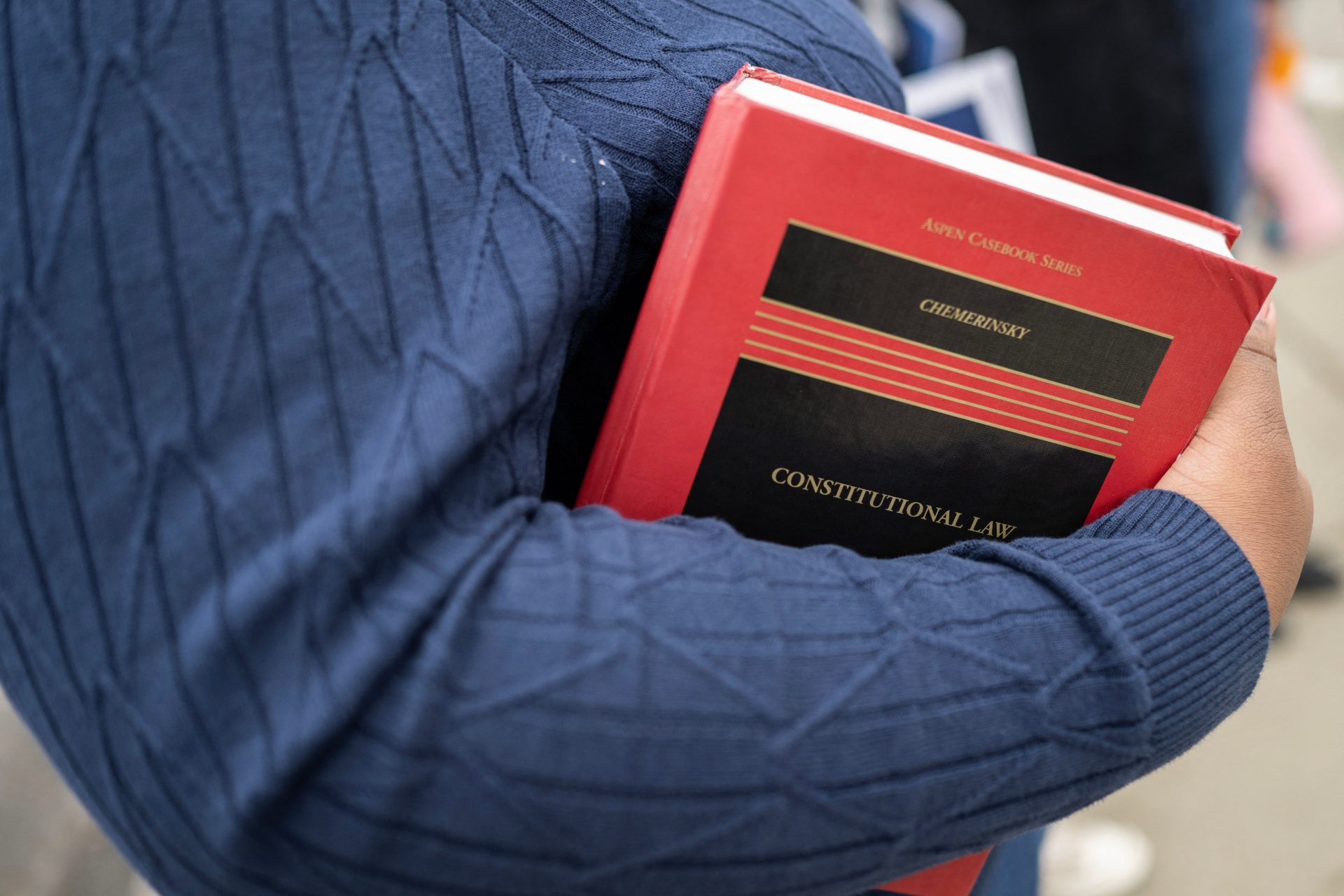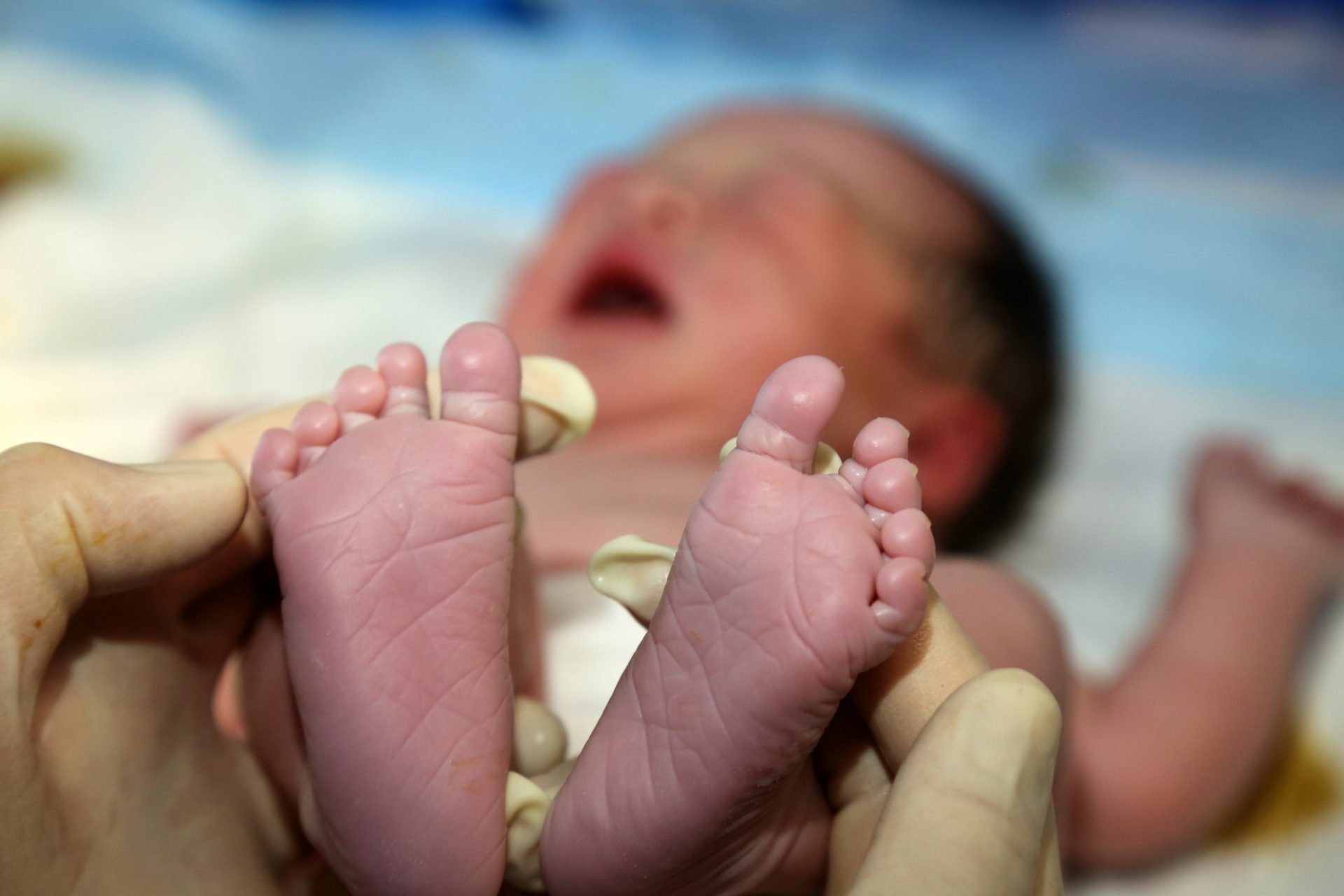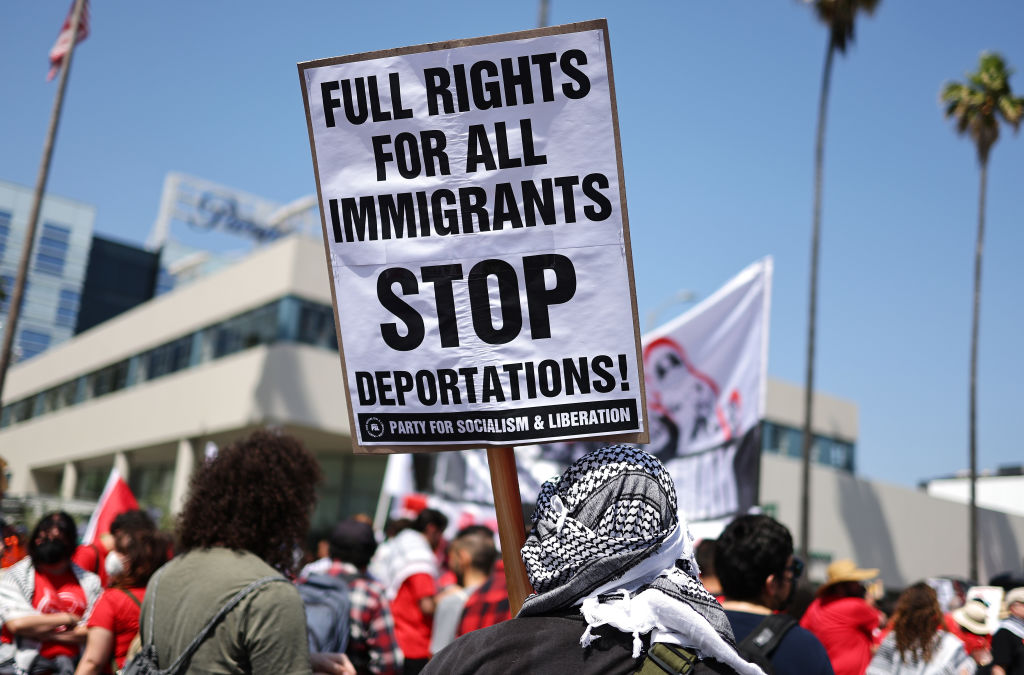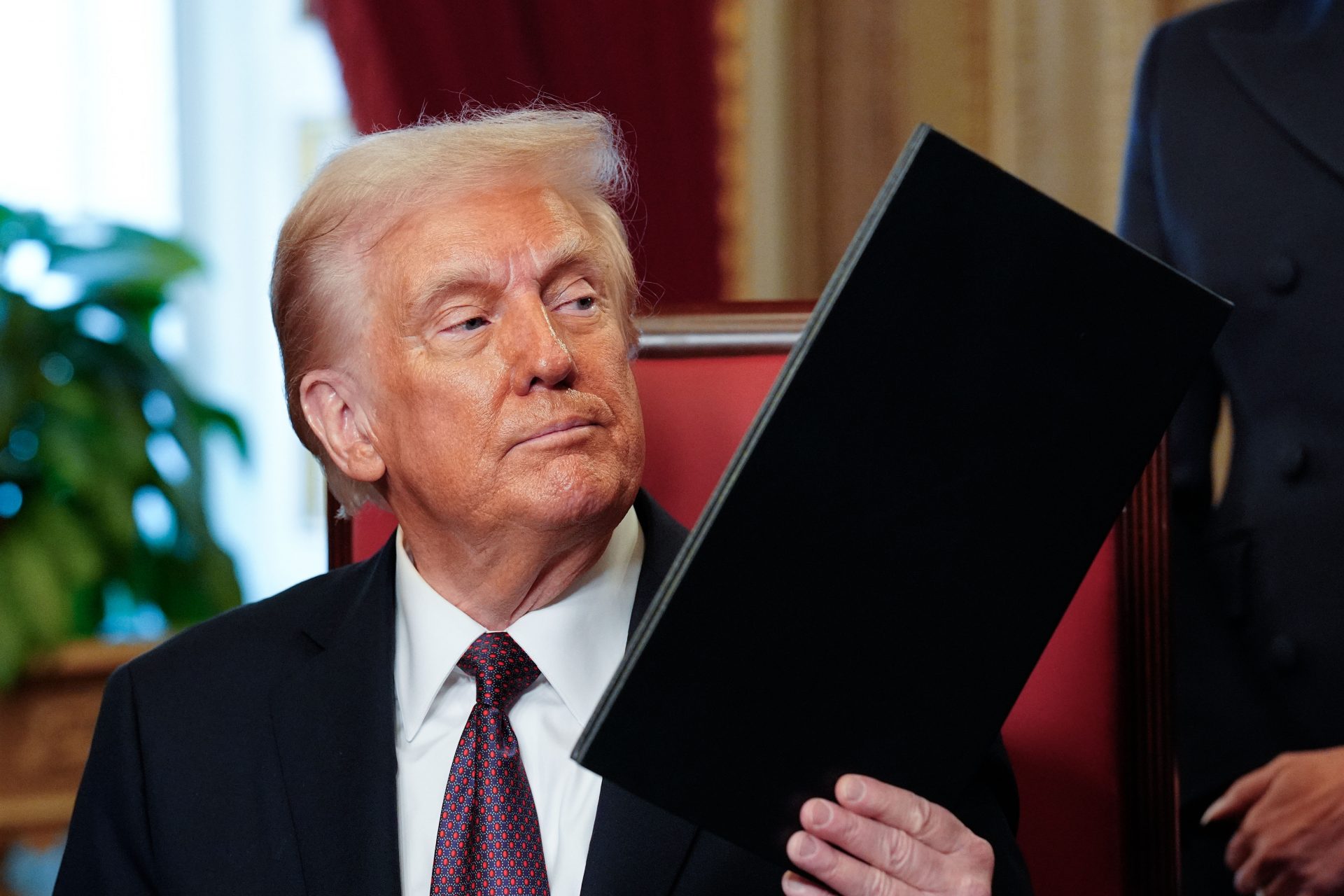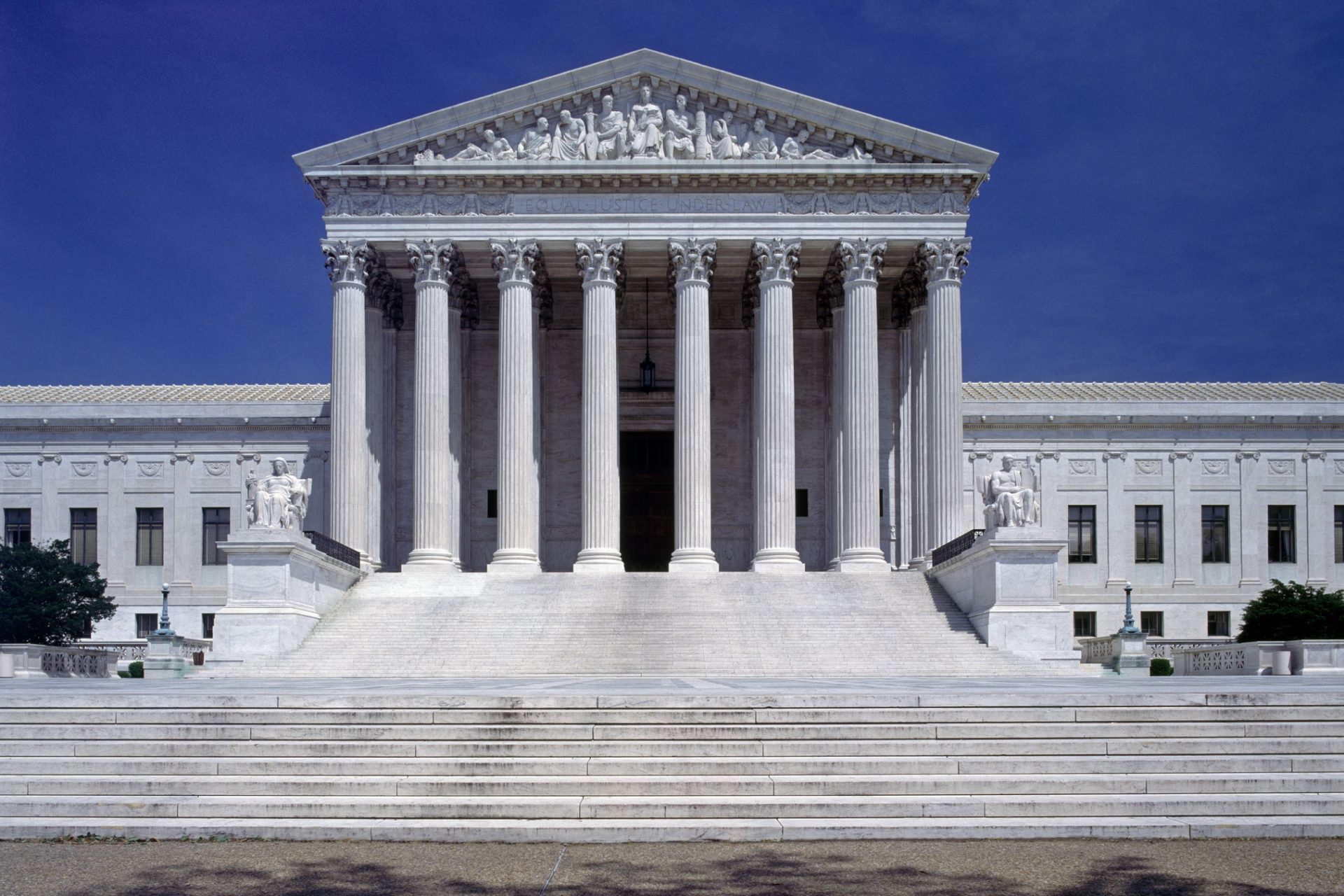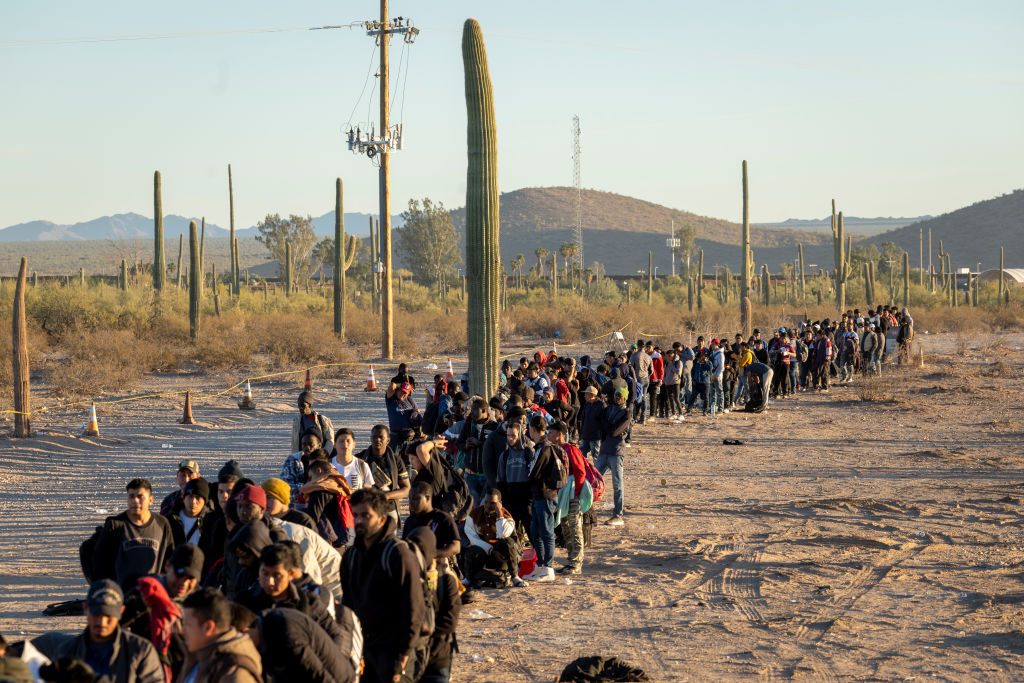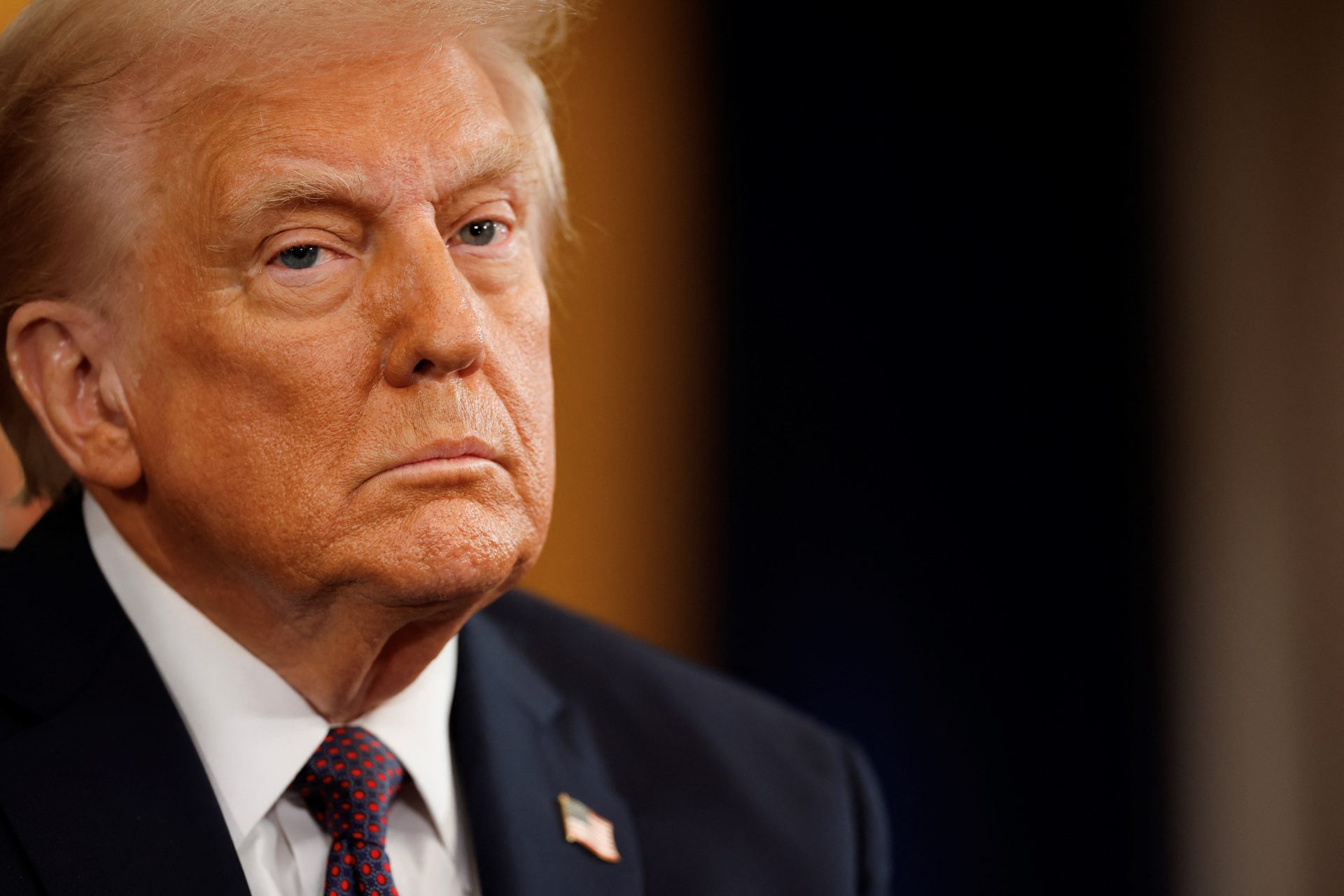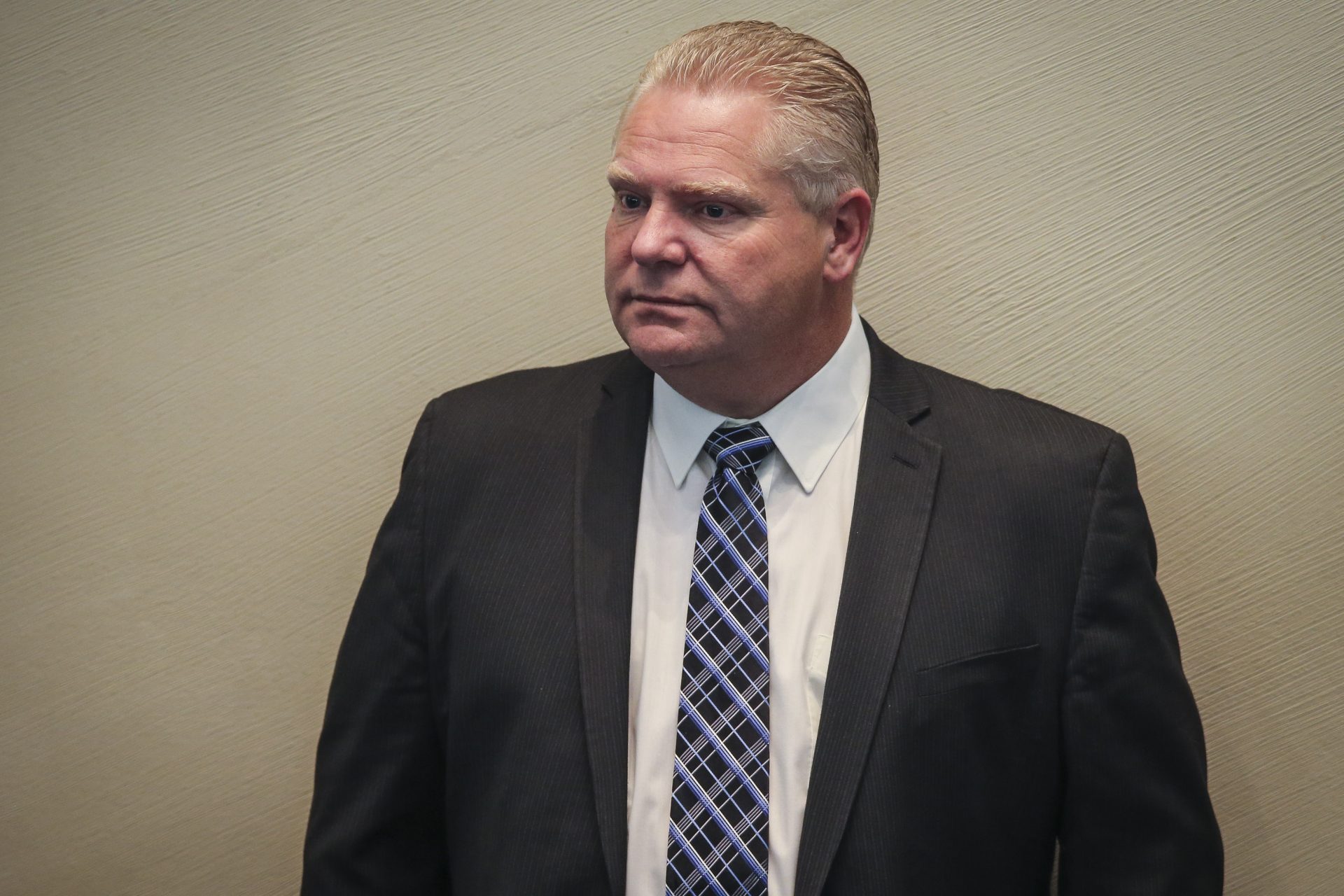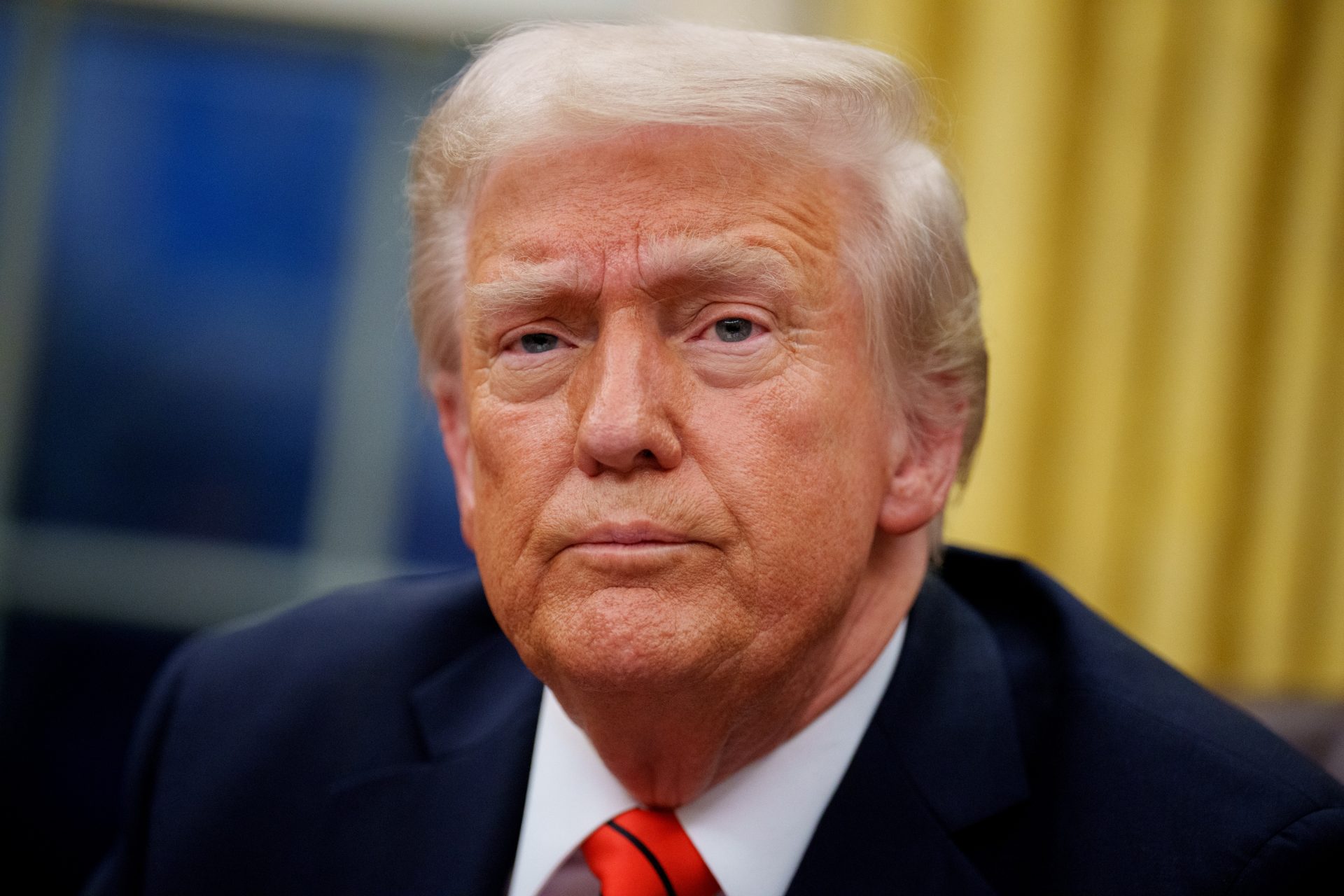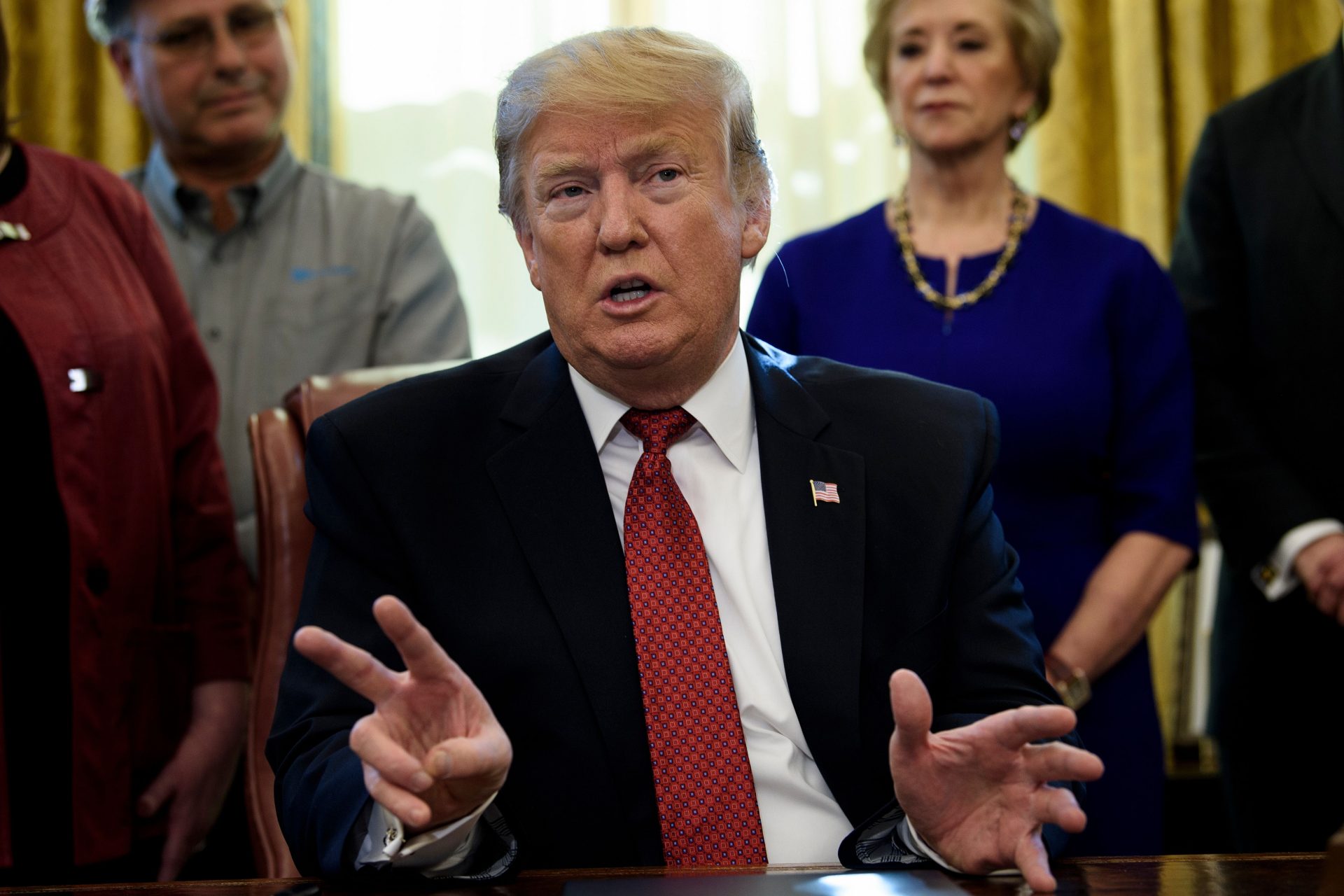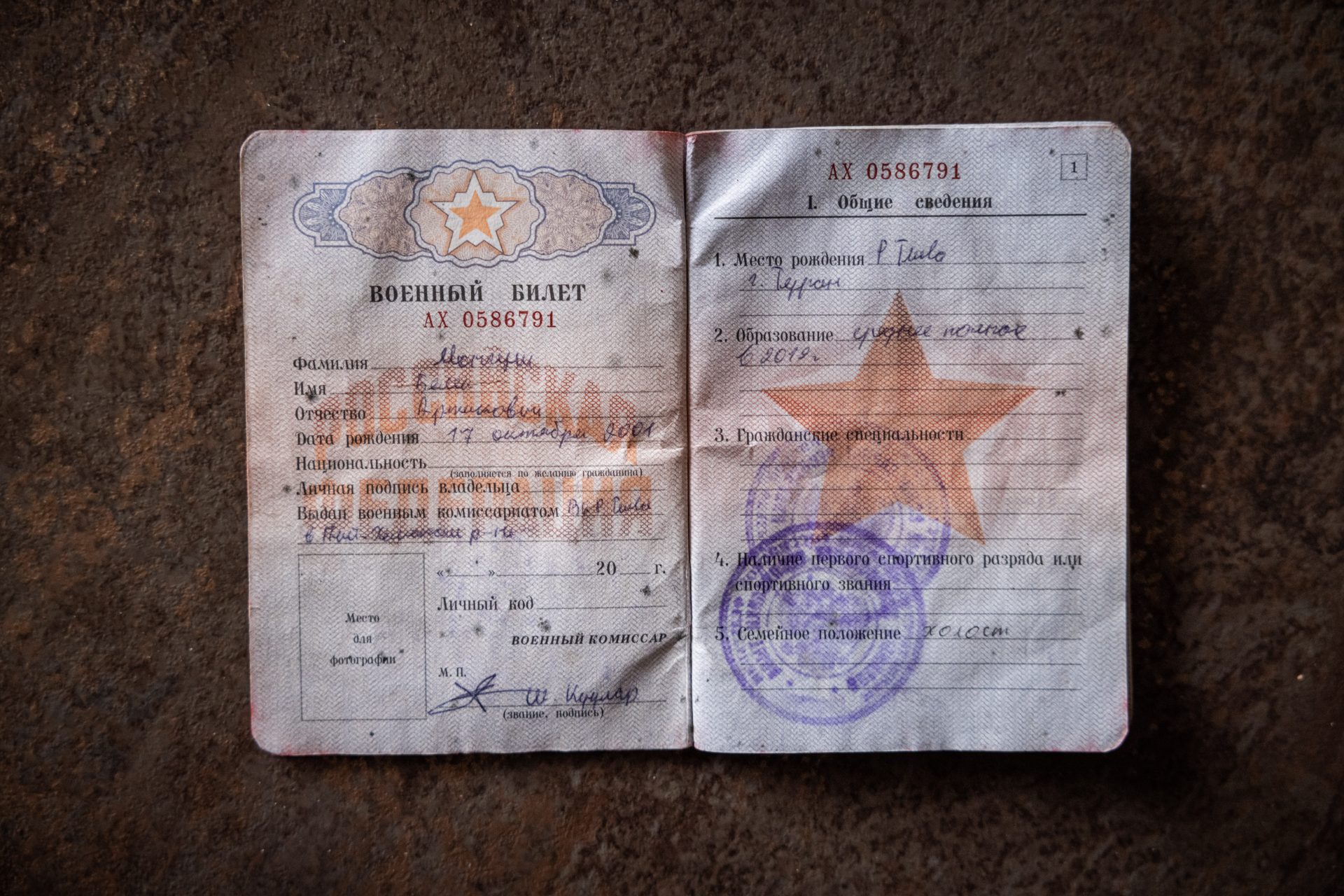Could birthright citizenship be revoked in the US?
The order directs federal agencies to refuse to recognize US citizenship for children born in the US to mothers who are in the country illegally or legally on temporary visas, if the father is not a US citizen or permanent resident (green card holder), Politico reported.
The order would deny US citizenship to those children born in the US starting 30 days from when Trump issued the executive order.
Although the order mentions no exceptions, rich people can “buy” themselves a green card through investing “$800,000 in a targeted employment area or infrastructure project”, according to the US government website, guaranteeing birthright citizenship for their offspring.
Within a couple of hours of Trump issuing the order though, immigrant rights advocates sued Trump in the federal court in New Hampshire on behalf of a group representing Indonesian migrants in that state, along with other groups representing Latinos, Politico reported.
The suit contends that Trump’s order violates the Constitution’s 14th Amendment as well as federal law that has been on the books for more than 80 years, and says that, if enforced, the order could render some children stateless.
“Neither the Constitution nor any federal statute confers any authority on the President to redefine American citizenship,” the suit says.
Following the lawsuit by immigrant rights advocates, plenty more came. In fact, 24 Democratic-led states and cities are also challenging Trump’s bid to end birthright citizenship in court, according to CNN.
Photo: Tingey injury law/Unsplash
“Despite a President’s broad powers to set immigration policy, the Citizenship Stripping Order falls far outside the legal bounds of the President’s authority,” states a lawsuit from 18 states, Washington, DC, and San Francisco.
The Supreme Court has upheld birthright citizenship in the past and there is also a federal law passed by Congress, predating the 14th Amendment’s 1868 ratification, establishing that children born on US soil are entitled to citizenship.
However, a handful of legal scholars who favor a crackdown on immigration argue that the ruling has been interpreted too broadly, and the current Supreme Court could allow the government to set stricter standards for citizenship.
Even if it’s unlikely Trump will be able to end birthright citizenship, his crackdown on immigration through other measures, such as the restriction on visas for pregnant people and mass deportation, will affect millions in the US.
More for you
Top Stories



